Dan Siegel, Janet Edgette, Ben Furman, Charlotte Reznick, Martha Straus, Lynn Lyons, Ron Taffel & Papernow – Why Kids Hate Therapy and What You Can Do About It

Clinical innovators Dan Siegel, Janet Edgette, Ben Furman, Charlotte Reznick, Martha Straus, Lynn Lyons, Ron Taffel, and Patricia Papernow want you to know that you aren’t alone in your struggle to engage young clients.
We’ve talked with these leading experts one-on-one, and they’ve shared the tools and approaches they use to address the increasingly disregulated, shut-down, anxious, insecurely attached, and emotional distressed kids and teens they see in clinical practice today.
We want to share their insight with you in a new online course that you don’t want to miss: Why Kids Hate Therapy and What You Can Do About It.
In this 10-part online video course you’ll learn:
- Concrete approaches for engaging and connecting with today’s distracted and resistant youth
- Powerful methods for helping kids process uncomfortable emotions like anger, anxiety, grief, sadness, and fear
- Key strategies for creating an atmosphere that encourages play, risk-taking, and creativity
- Proven steps for incorporating mind-body methods and mindfulness practices
- How to involve parents in treatment and give practical guidance to support their child’s changes at home
- Principles for helping blended families minimize disruption and function effectively
Here's what you'll learn from each speaker...
Dan Siegel, M.D.
- Use the brain-based intervention SNAG (Stimulate Neural Activation and Growth) with young clients
- Establish right hemisphere to right hemisphere connection with kids so they feel valued and understood
- Co-construct narratives with children in ways that enable left and right brain integration and enhance their ability to self-regulate
- Customize interventions to meet a child’s needs by working with the four levels of implicit memory—procedural, emotional, bodily, and perceptual
- Enhance consciousness and increase a child’s sense of self by using Dan’s Wheel of Awareness tool

Ben Furman, M.D.
- Learning to avoid problem and pathology-based language in favor of focusing on the skills children need to move toward goals they themselves value
- Emphasizing hope and playful collaboration in generating solutions
- Understanding how to apply the principles of Kids Skills differently with younger children than with teenagers
- Involving friends and a child’s social network in generating positive feedback cycles and solutions
- Mastering the skills of strategic praise, effective apology letters, and turning nightmares into “goodmares”

Charlotte Reznick, Psy.D.
- Adapt mindfulness and other “adult” practices to various stages of cognitive and emotional development in kids
- Enhance your ability to help kids cope with uncomfortable emotions like anxiety, anger, sadness, grief, and fear
- Increase kids’ capacity to focus their attention and better achieve peak performance in school and other areas of life
- Involve parents in therapy and make sure they support their children’s use of mindfulness and imagery practices at home

Dan Siegel, M.D.
- Integrate the latest research on teenage brain development into your approach
- Challenge beliefs about “the raging hormones” driving teenage behavior and other negative misconceptions
- Appreciate the upside of the teenaged brain, including the search for novelty, risk-taking, and creativity
- Use specific strategies for empowering teens based on fuller knowledge of how their brains are organized to shape their thinking and behavior
- Help parents use knowledge of their children’s brain to enrich their relationship with them

Janet Edgette, Psy.D.
- How to avoid standard therapeutic pitfalls like excessive questioning, walking on egg shells, and relying on premeditated protocols
- How to build conversations with teens that are therapeutic without sounding that way
- Specific strategies to use with kids who burrow into silence, express their contempt for therapy, and provoke your anger
- How to establish yourself as a trustworthy presence with strategies bringing more accountability into the therapy relationship

Martha Straus, Ph.D.
- Alternatives to the “timeout” as a disciplinary practice for out-of-control adolescents
- How to use modeling and mirroring techniques to help teens calm and soothe themselves
- Specific down-regulating techniques to teach kids how to manage their volatile emotions
- Up-regulating techniques to help emotionally suppressed teens express and embrace feelings

Lynn Lyons, L.I.C.S.W.
- Teaching the family about the interactive processes that reinforce anxiety
- Shifting emotional tone through humor and play
- Helping families externalize anxiety and develop alternative responses that normalize it
- Teaching children to talk back to anxiety and other means of self-soothing

Ron Taffel, Ph.D.
- Understanding the reluctance of post-boomer parents to assert their authority
- Making explicit the unstated parental fears that often disempower parents and enable their kids to hold them hostage
- Bringing the child’s Second Family—their network of significant friendships—into the therapy room
- Combating parental isolation through facilitating home-school partnerships and communication among parents
- Helping parents assert genuine authority through “I Mean It” moments in which they express themselves as three-dimensional human beings

Martha Straus, Ph.D.
- Conduct an initial interview that involves parents and focuses on collecting the information crucial to successful treatment
- Recognize the six situations in which it is preferable to see a child separately from his or her parents
- To use the language of play with your younger clients
- Slow down and let children set the pace of therapy
- Use family meals, rituals, stories, and drawings to increase and reinforce changes a young client makes in therapy
- Use yourself and your positive feelings toward clients to affirm both children and their parents

Patricia Papernow, Ed.D.
- Understanding the insider-outsider dynamics and loyalty conflicts inherent to the stepfamily experience
- Helping stepparents recognize the limitations of their roles in discipline and the best ways to develop one-to-one relationships with their stepchildren
- Learning three levels of intervention with stepfamilies: Psychoeducation, skill-building, and exploring intrapsychic issues
- Exploring effective strategies for handling conflicts with ex-spouses that can keep children out of the middle
- Mastering the “soft-hard-soft” approach to framing problems and addressing difficult issues in navigating the potential minefield of stepfamily relationships

Act now to get the tools and strategies you need to increase your effectiveness with kids, teens, and parents.
Why Kids Hate Therapy and What You Can Do About It
Who Will Get the Most Out of This Course
- Addiction Counselors
- Special Educators
- Psychologists
- School Psychologists
- Counselors
- Social Workers
- Marriage & Family Therapists
- Other Helping Professionals
- Speech-Language Pathologists
- Nurses
Ben Furman, Ph.D., is a psychiatrist and trainer of solution-focused psychotherapy. His books include Kids Skills in Action: Stories of Playful and Practical Solution-Finding with Children and Kids Skills: Playful and Practical Solution-Finding with Children.
Lynn Lyons, L.I.C.S.W., specializes in working with anxiety in children. She is the coauthor Anxious Kids, Anxious Parents.
Patricia Papernow, Ed.D., has worked as a trainer, consultant, and therapist with stepfamily relationships for more than 30 years. She’s a National Stepfamily Resource Center senior training faculty member and the author Becoming a Stepfamily and Surviving and Thriving in Stepfamily Relationships.
Charlotte Reznick, Ph.D., is an educational psychologist and associate clinical professor of psychology at UCLA. She’s the author of The Power of Your Child’s Imagination: How to Transform Stress and Anxiety into Joy and Success.
Dan Siegel, M.D., is a clinical professor at the UCLA School of Medicine and codirector of the Mindful Awareness Research Center. His books include The Developing Mind, Mindsight, and The Mindful Therapist.
Martha Straus, Ph.D., is a professor in the Department of Clinical Psychology at Antioch University New England and adjunct instructor in psychiatry at Dartmouth Medical School, is the author of No-Talk Therapy for Children and Adolescents and Adolescent Girls in Crisis: Intervention and Hope.
Ron Taffel, Ph.D., is the chairman of the board of the Institute for Contemporary Psychotherapy in New York. His books include Getting Through to Difficult Kids and Parents: Uncommon Sense for Child Professionals and his latest, Childhood Unbound: Authoritative Parenting for the 21st Century.
Bonus Video
Stan Davis
Lynn Lyons, L.I.C.S.W.
Ron Taffel, Ph.D.
Ross Greene, Ph.D.
Michael Ungar, Ph.D.
Act now to get the tools and strategies you need to increase your effectiveness with kids, teens, and parents.
Why Kids Hate Therapy and What You Can Do About It
Have you ever wondered?
- When it’s best to see a young client separately and when to include parents in session?
- How parents lose their authority with their children?
- What the best approach is to take with parents who are overwhelmed and stressed out?
- How a therapist can effectively help in the formation of a new stepfamily unit?
- How to connect with stony-faced teen clients?
- What to do when a young client texts during a session?
- How you to bring the benefits of mindfulness into your work with kids and teens without alienating them?
- How to create bonds of attachment with young clients who’ve been neglected, abused, or over-indulged?
- How you can set limits with kids and teens who are adept at baiting adults—including you?
Get answers to all your questions as you learn new approaches for working with kids, teens, and parents from leading experts Dan Siegel, Janet Edgette, Ben Furman, Charlotte Reznick, Martha Straus, Lynn Lyons, Ron Taffel, and Patricia Papernow in our online video course.

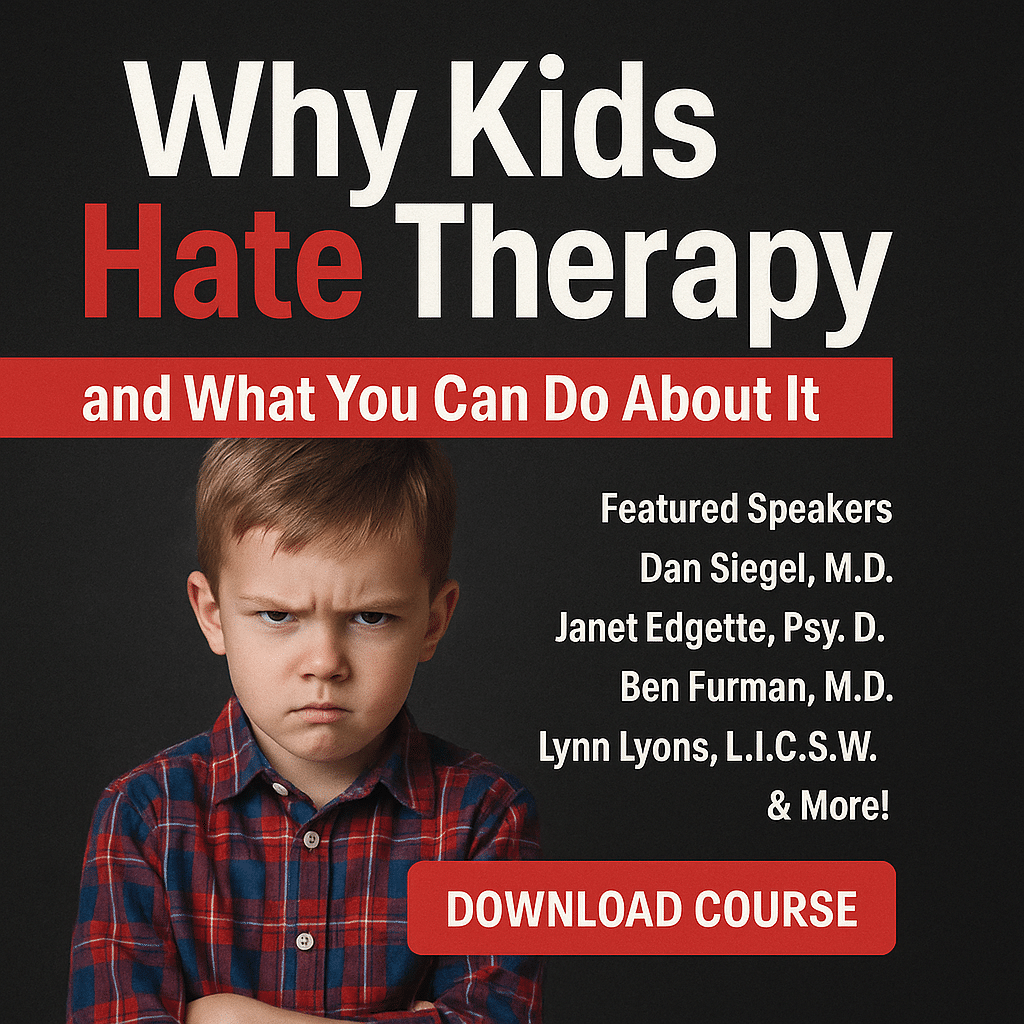
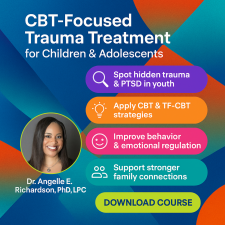
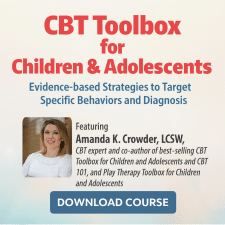
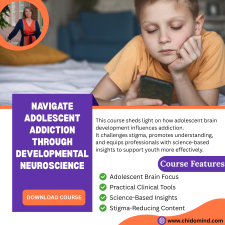
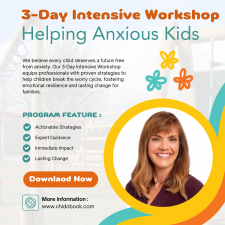
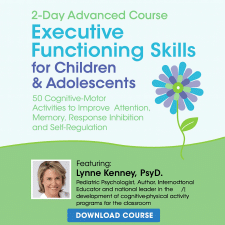
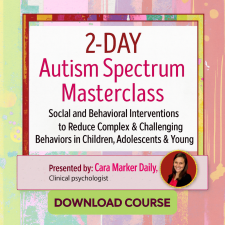
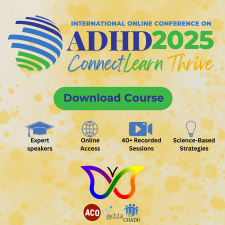
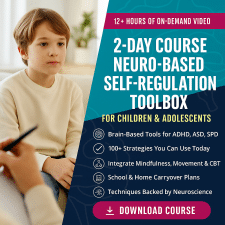
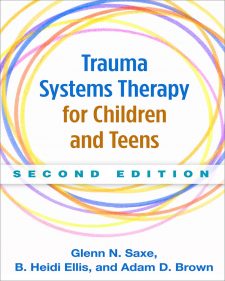
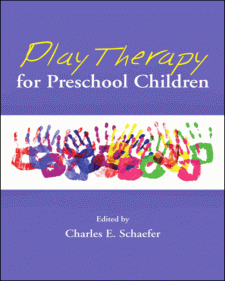
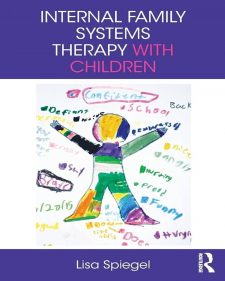
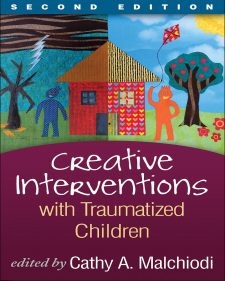

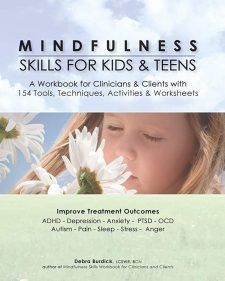
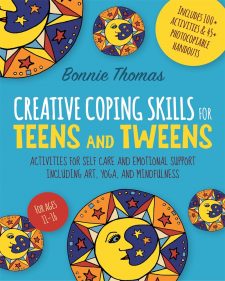

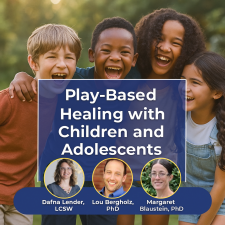
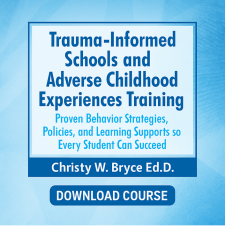
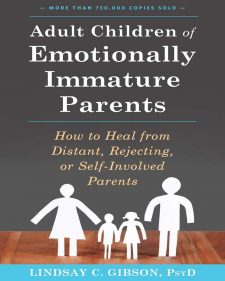
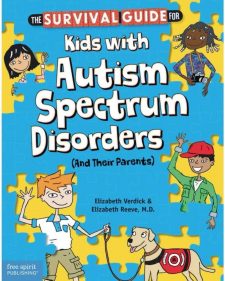
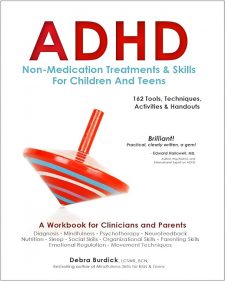
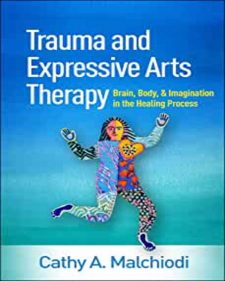
22 reviews for Why Kids Hate Therapy and What You Can Do About It